On January 7, at the Government headquarters, Prime Minister Pham Minh Chinh chaired the Government's special meeting on law-making in January 2025, discussing 7 draft laws and resolutions to be submitted to the National Assembly, including many important contents.
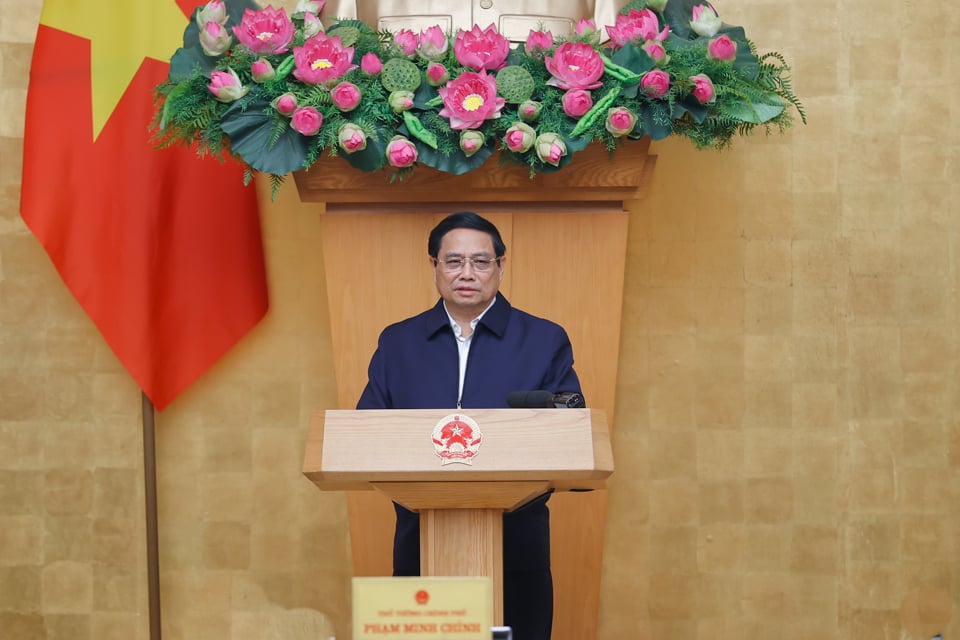
Also attending were members of the Politburo, members of the Party Central Committee, Deputy Prime Ministers, members of the Government, leaders of ministries, branches and agencies under the Government.
After a day of urgent and enthusiastic work with a high sense of responsibility, the Government reviewed and gave opinions on 7 important contents including 4 draft laws and 3 draft resolutions of the National Assembly.
Regarding the draft Law on Government Organization (amended) (the Ministry of Home Affairs is in charge of drafting), Prime Minister Pham Minh Chinh noted that it is necessary to continue reviewing the relationships between the Government, the Prime Minister and agencies, in accordance with the provisions of the Constitution.
Regarding decentralization and delegation, the Prime Minister said that with political executive power, it is possible to delegate but not to decentralize; with public administration, there must be strong decentralization and delegation; decentralization and delegation must be submitted to the National Assembly for approval, included in the law and proposed to be assigned to the Government for specific regulations.
Decentralization, delegation of authority, and authorization go hand in hand with resource allocation, improving implementation capacity, and strengthening inspection, supervision, and control of power. Authority goes hand in hand with responsibility; whoever is assigned to decentralize, delegate, or authorize must decide, and when deciding, must be responsible; the levels assigned to decentralize, delegate, or authorize are responsible before the Government and the law for the implementation of the decentralized, delegated, or authorized authority.
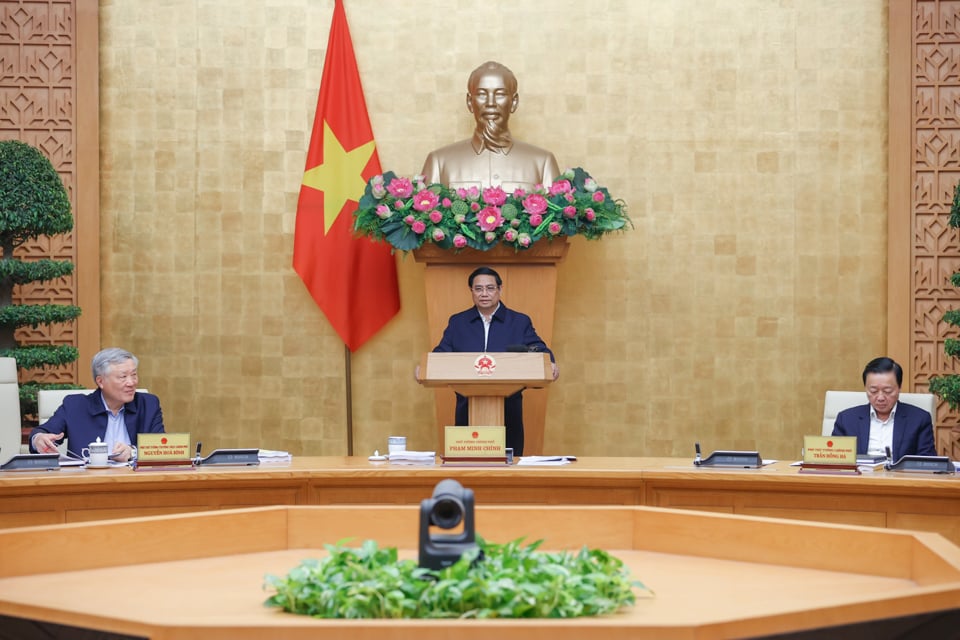
Regarding the draft Law on Organization of Local Government (amended) (presided over by the Ministry of Home Affairs), Prime Minister Pham Minh Chinh stated the following orientation: Do not include the content of decrees and circulars in the draft law; the National Assembly will not decide on matters under the authority of the Government; the Government will not decide on matters under the authority of ministries and localities. At the same time, clarify the model of urban government, rural government, island government; local governments issue policies according to their authority.
Regarding the draft Resolution of the National Assembly to resolve issues arising in legal provisions related to the reorganization of the apparatus (presided over by the Ministry of Justice), the Prime Minister stated that the submission of the Resolution aims to contribute to perfecting the legal basis to facilitate the operation of the new apparatus in the entire political system after the reorganization to ensure smoothness and efficiency, without leaving any legal gaps, and to promptly handle arising issues. Agencies should promptly review and issue documents in accordance with the Resolution, ensuring that implementation is not hindered in practice.
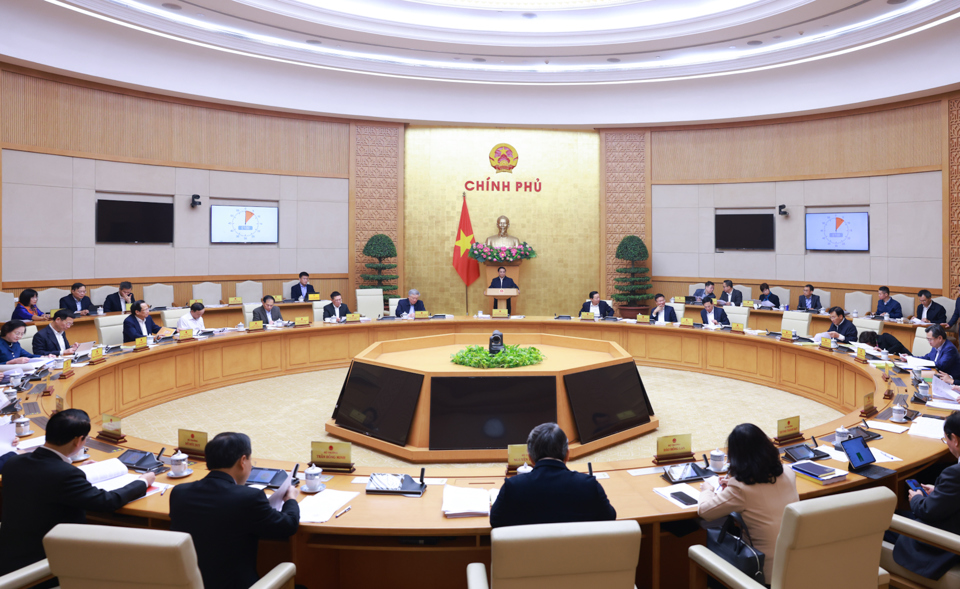
Regarding the draft Law on Promulgation of Legal Documents (amended) (presided over by the Ministry of Justice), the Prime Minister stated that the provisions that have been effectively implemented, proven to be correct in practice, and agreed by the majority should continue to be inherited; at the same time, thoroughly grasp, seriously implement, and fully institutionalize the contents that the Politburo has commented on; remove contents that are no longer suitable, cumbersome, and unnecessary procedures...
Also at the meeting, the Government discussed the draft Resolution of the National Assembly on the establishment of a number of Ministries of the 15th Government, term 2021 - 2026 ( the Ministry of Home Affairs presided over the drafting); the draft Resolution of the National Assembly on the structure of the number of Government members for the 16th National Assembly (the Ministry of Home Affairs presided over the drafting); the draft Law on Participation in the United Nations Peacekeeping Force (the Ministry of National Defense presided over the drafting).
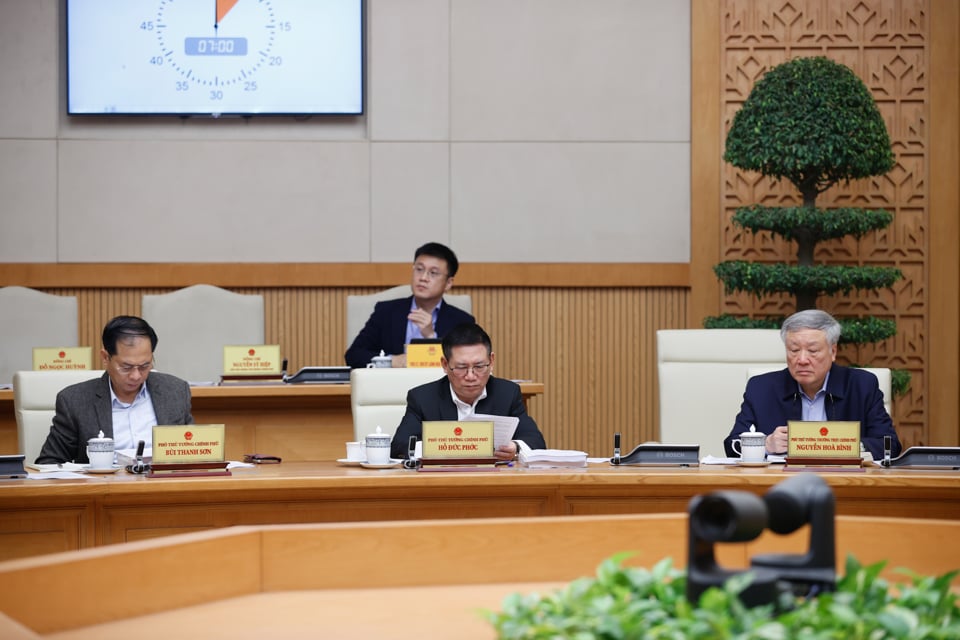
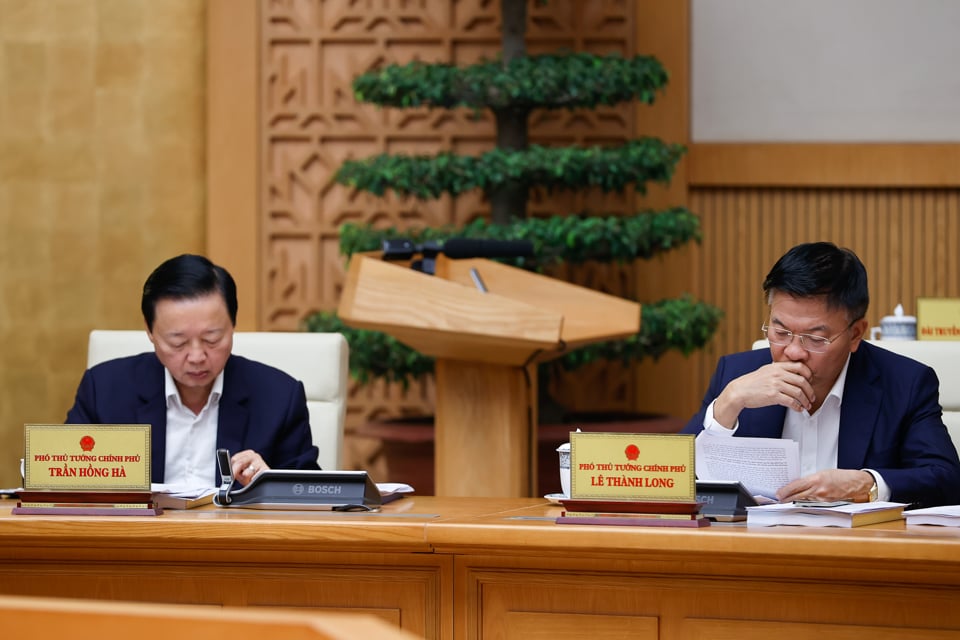
Concluding the meeting, Prime Minister Pham Minh Chinh highly appreciated the Ministries of National Defense, Home Affairs, and Justice for their efforts and active preparation, submission of contents, and serious acceptance and explanation of opinions from the Government Standing Committee and Government members to revise and perfect draft laws and resolutions; highly appreciated the dedicated, responsible, practical, profound, and quality opinions of Government members and delegates.
The Prime Minister requested that ministers continue to seriously direct the reception of opinions to complete draft laws and resolutions according to regulations; Deputy Prime Ministers in charge of their respective fields pay attention to and directly direct the completion of the 7 important contents mentioned above; the Government Office presides over and coordinates with relevant ministries and agencies to fully receive opinions, complete and promptly submit the Resolution of the meeting for unified implementation.
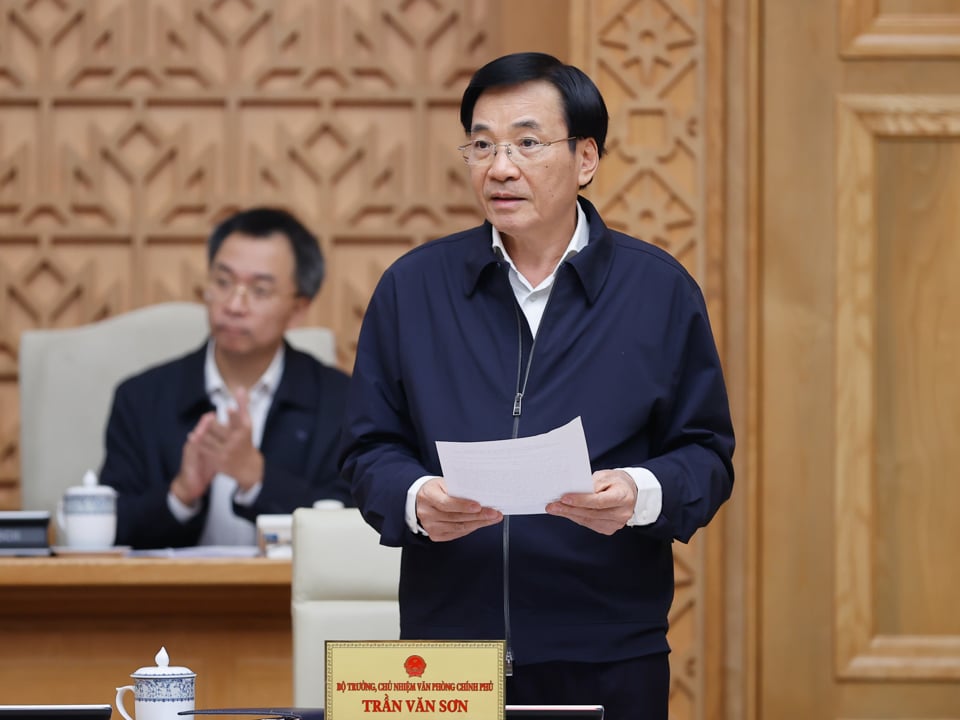
Requesting urgent completion of the contents to be submitted to the National Assembly at the 9th extraordinary session (February 2025), the Prime Minister said that the tasks are very heavy while the time is very short.
The Prime Minister requested ministers and heads of ministerial-level agencies to prioritize time, focus the highest resources, directly lead and direct the completion of draft laws and draft resolutions to submit to the National Assembly in accordance with regulations, ensuring quality and progress as required. Closely coordinate with National Assembly agencies, create consensus in the process of examining, explaining, accepting and revising draft laws and draft resolutions according to the opinions of the National Assembly Standing Committee and National Assembly deputies.
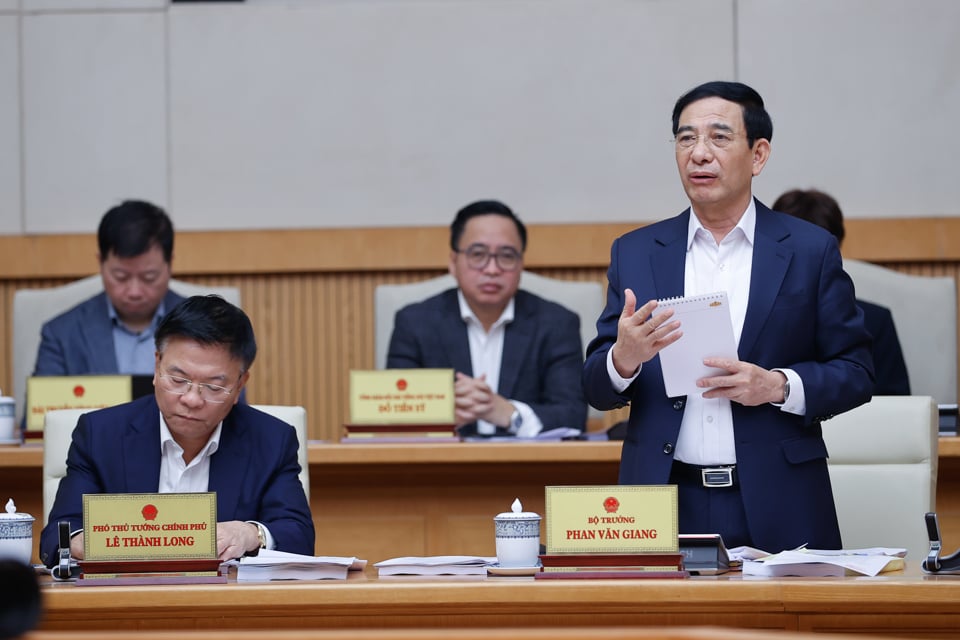
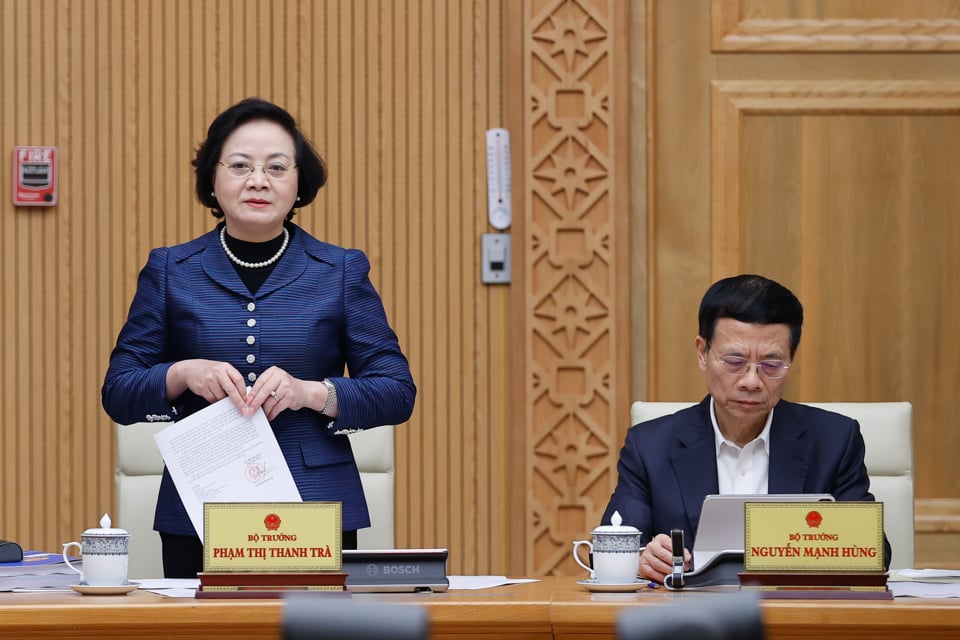
Pointing out the key tasks of institutional and legal work in the coming time, the Prime Minister emphasized that institutions are "breakthroughs of breakthroughs", "the driving force and resource for development", but are still "bottlenecks of bottlenecks", requiring ministers and heads of sectors to directly and closely direct the work of law-making, continue to prioritize leadership, direction, investment of time, effort, human resources, and facilities in institutional work.
The Prime Minister suggested continuing to summarize practices to build policies and assess policy impacts; concretize and institutionalize the Party's guidelines and policies; it is necessary to change the thinking of making laws in the direction of being both manageable and transparent, reducing intermediaries and procedures, assigning one task to only one person, assigning the best person to do it, removing "bottlenecks", clearing and mobilizing all resources to develop the country.
Along with that, we need to abandon the mindset of "if you can't manage, ban it; if you don't know, manage it anyway"; if people and businesses can do it or can do it better, we should let them do it; if something is banned, put it in the law; if something is not banned, we should allow people and businesses to do it and have space for creativity and innovation.
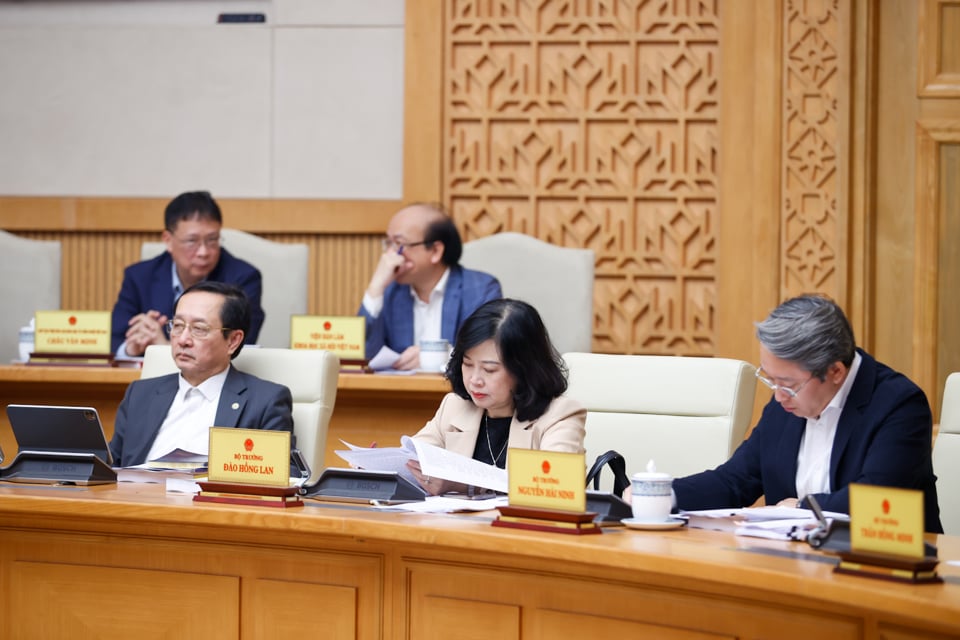
At the same time, the law provides a framework and principles, while specific issues in practice, which often occur faster than the provisions of the law, are assigned to the Government, ministries and branches for guidance to suit the situation.
Review and resolutely eliminate the request-grant mechanism, prevent and combat corruption, negativity, and group interests in the process of building laws and ordinances. At the same time, minimize administrative procedures and compliance costs for people and businesses; apply science and technology, digital transformation, reduce direct contact and transactions, and reduce negativity and petty corruption.
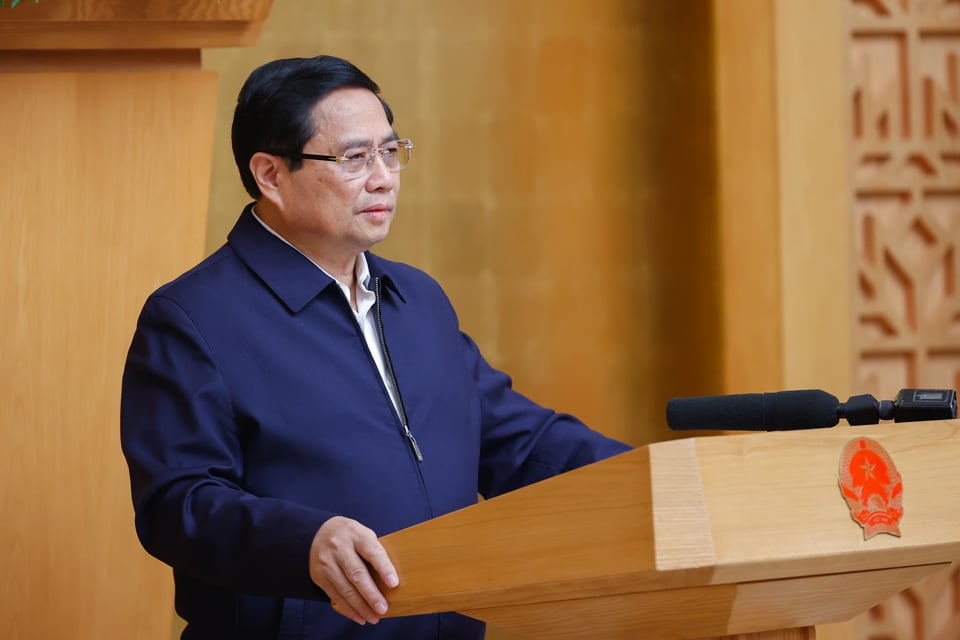
The Government and ministries and branches focus on state management, building strategies, planning, policies, laws, building tools to inspect and monitor law enforcement, controlling output, avoiding "taking on" too many specific tasks; when assigning tasks, pay attention to 5 things: clear people, clear work, clear progress, clear products, clear responsibilities.
The expression of the contents of draft laws and resolutions must be concise, easy to understand, clear in meaning, authority, responsibility, easy to understand, easy to check, and easy to monitor.
Drafting agencies continue to listen to comments and suggestions, seek opinions from affected subjects, relevant agencies, scientists, experts, refer to international experience, and at the same time do a good job of policy communication, especially with new and difficult issues.
Ministries, sectors and localities continue to review issued laws, especially those that are complicated, outdated or not keeping up with reality, to perfect the legal system, to resolve any problems, to resolve the authority of each level, and to propose to competent authorities if they exceed their authority; to thoroughly grasp the requirements for innovation in the development and promulgation of legal documents, to continue to tighten discipline, order and control of power in law-making.
Source: https://kinhtedothi.vn/tap-trung-nguon-luc-de-trinh-quoc-hoi-ve-sap-xep-tinh-gon-bo-may.html






























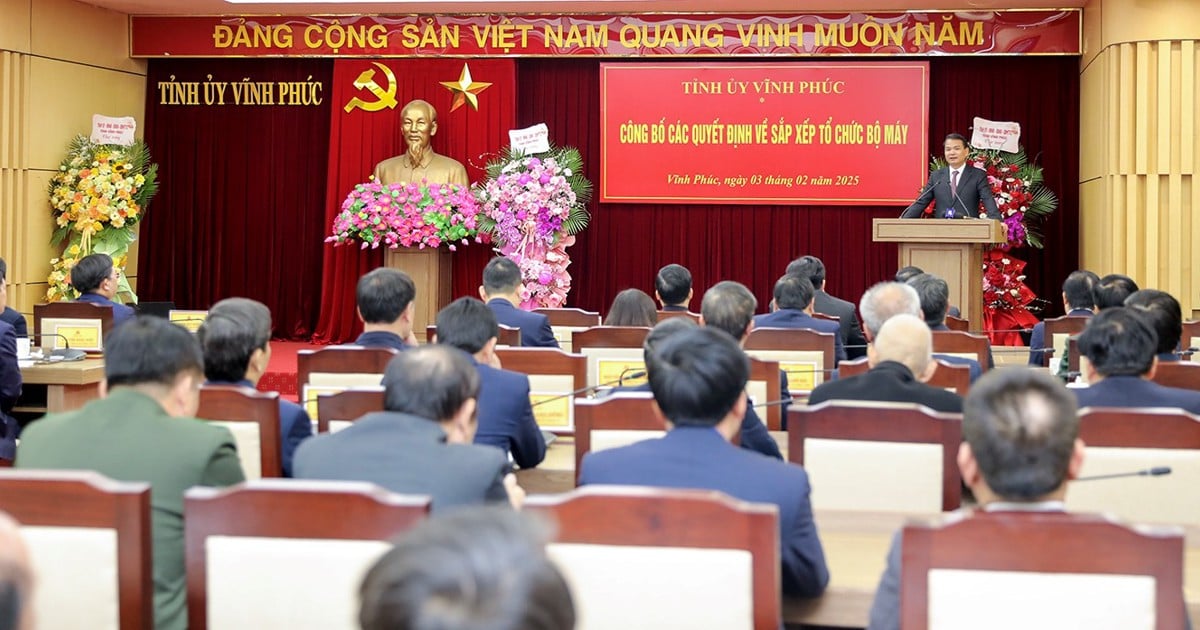
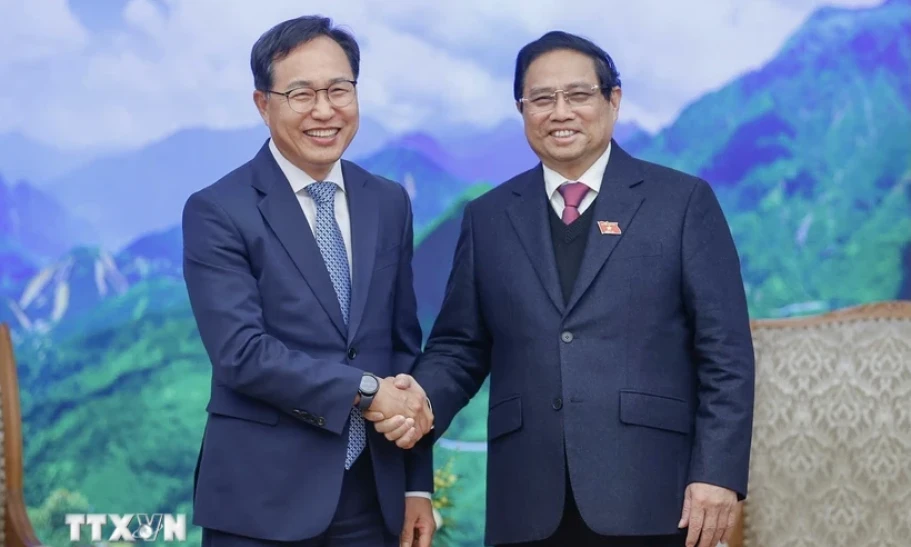
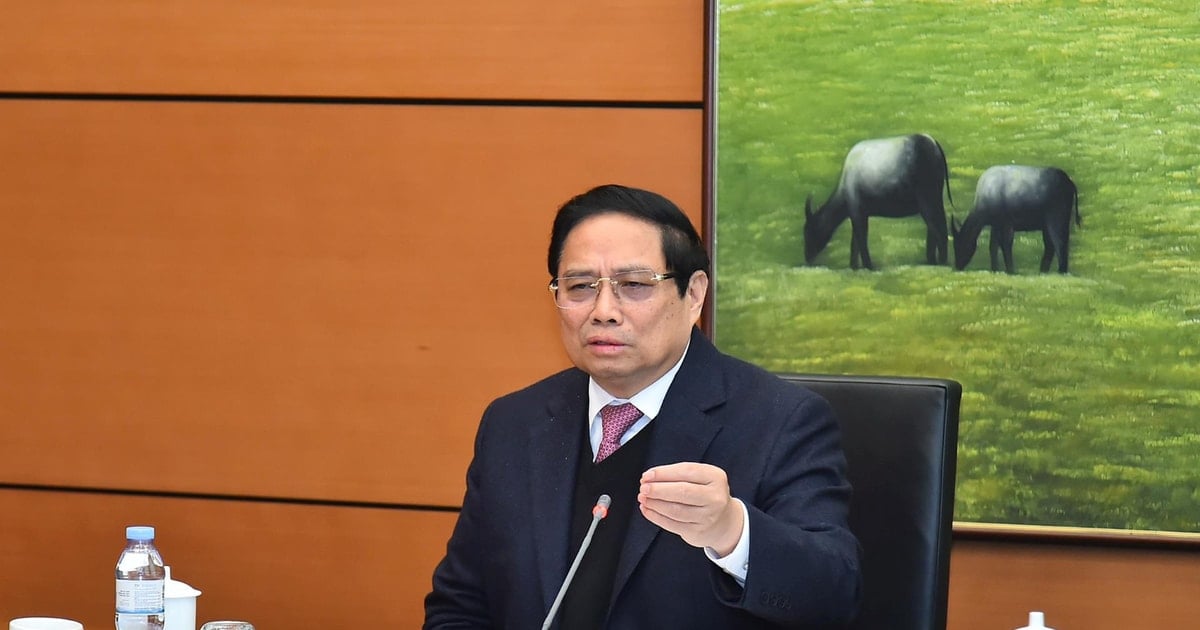

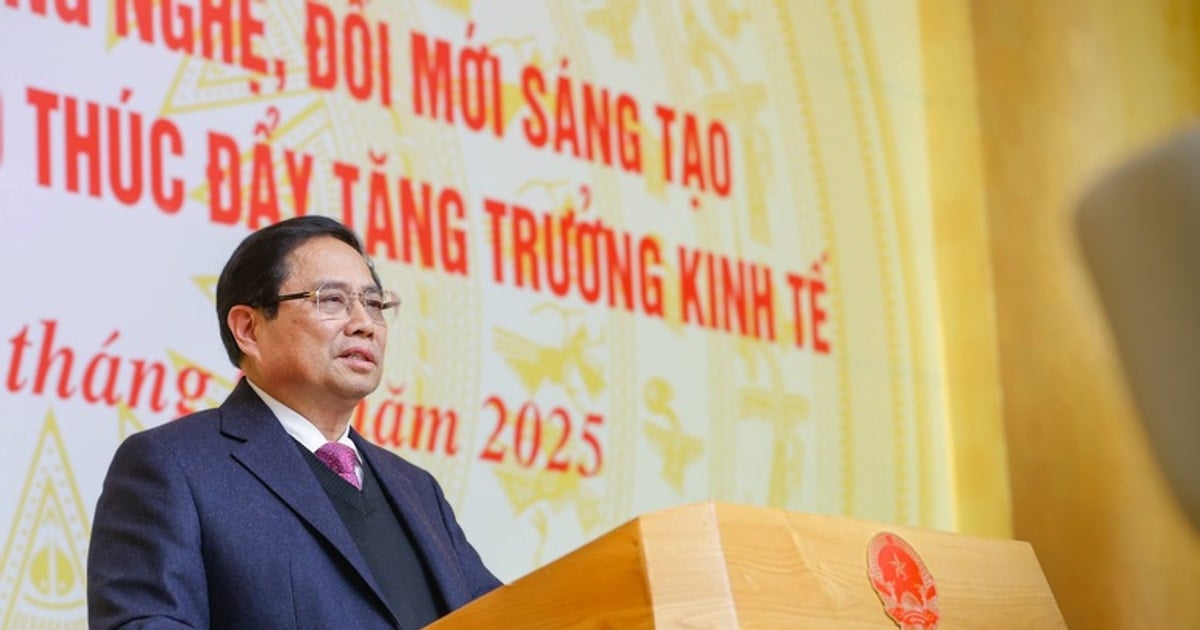
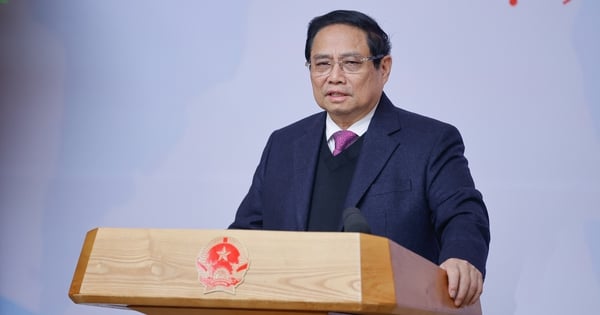

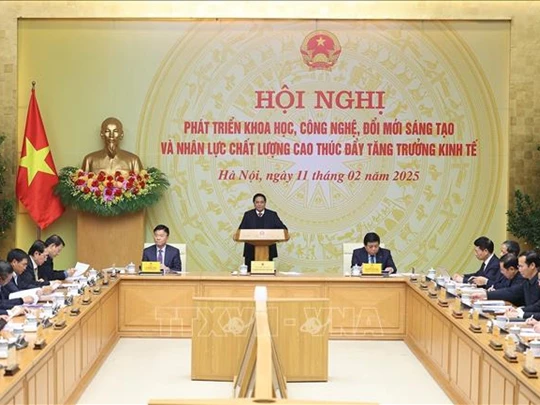

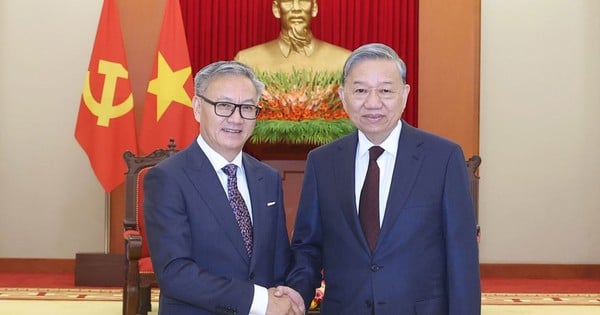

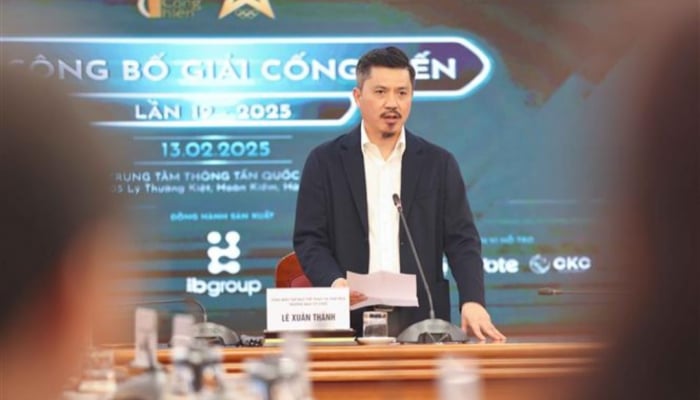


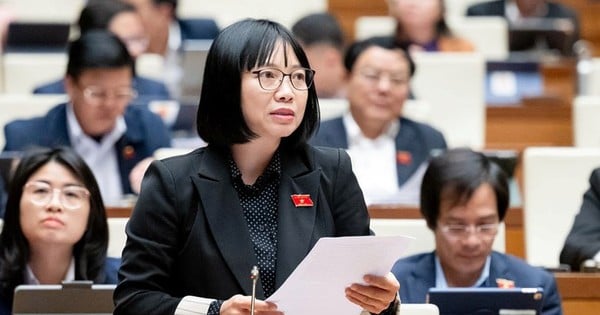

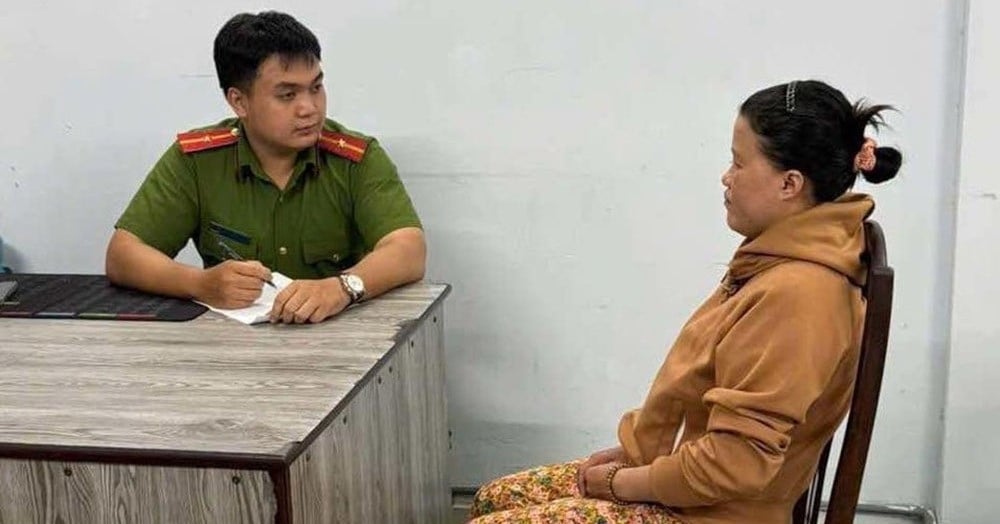

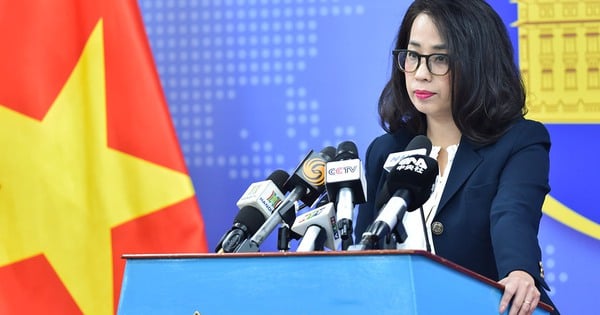



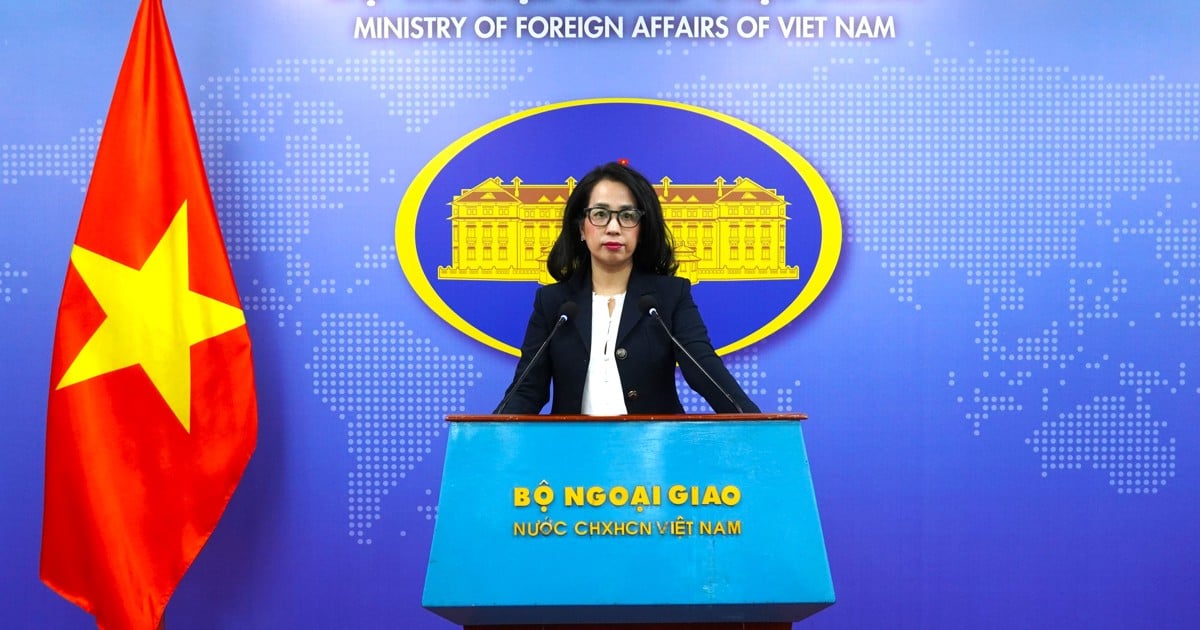
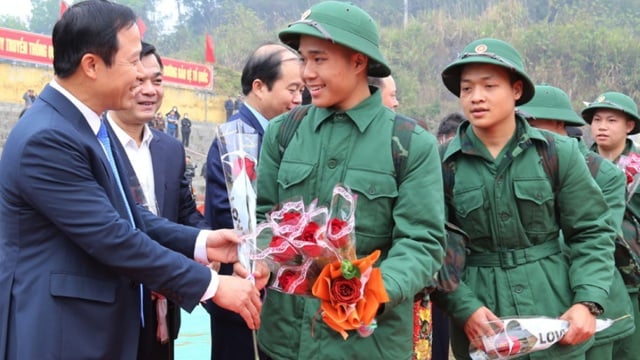
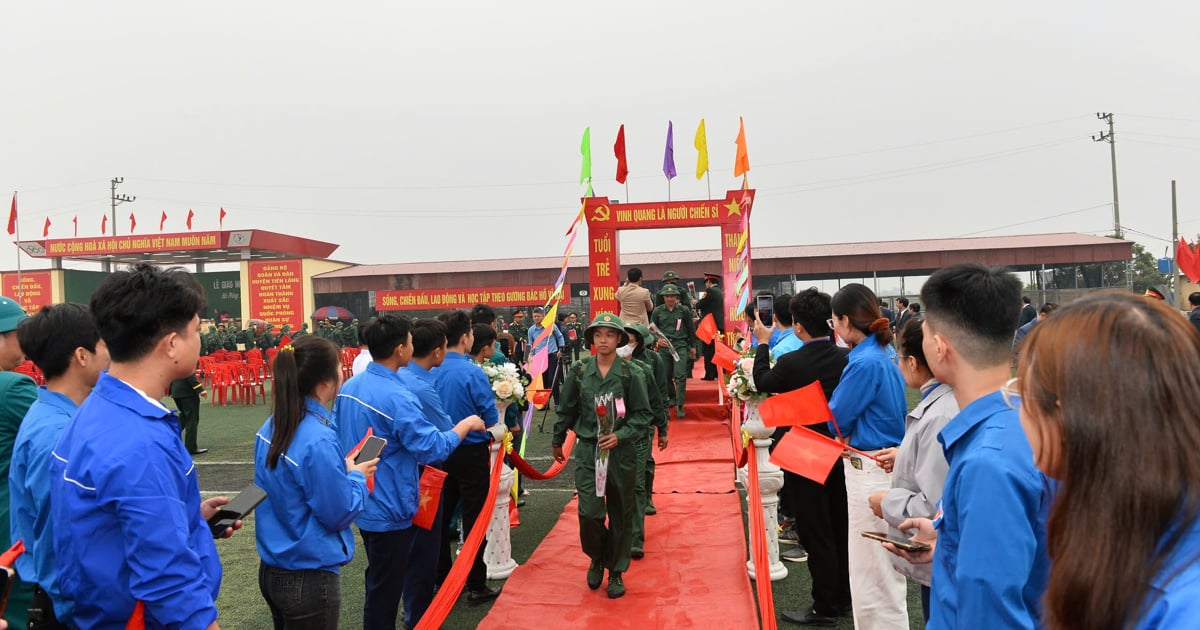














Comment (0)